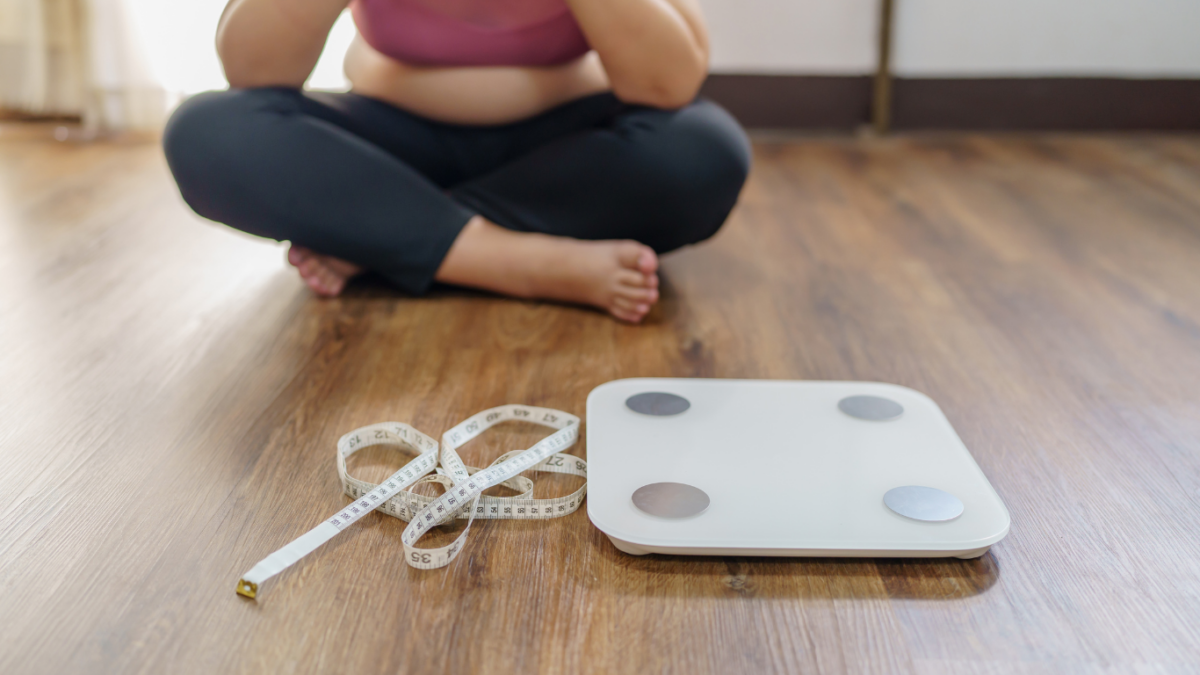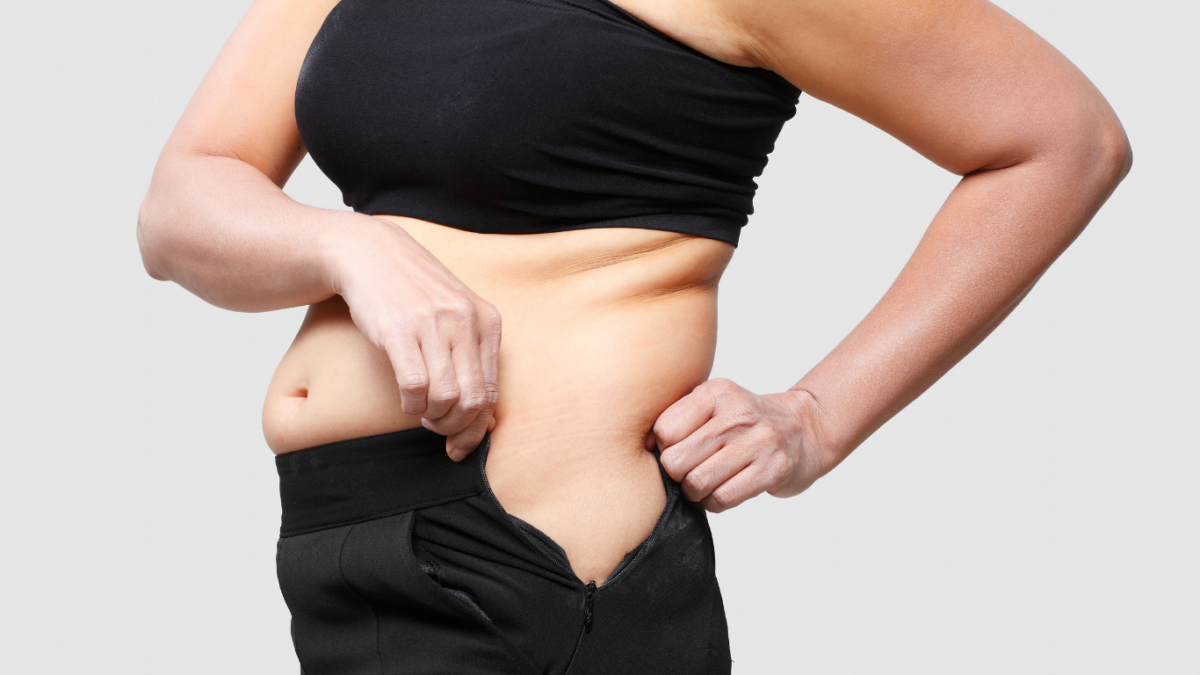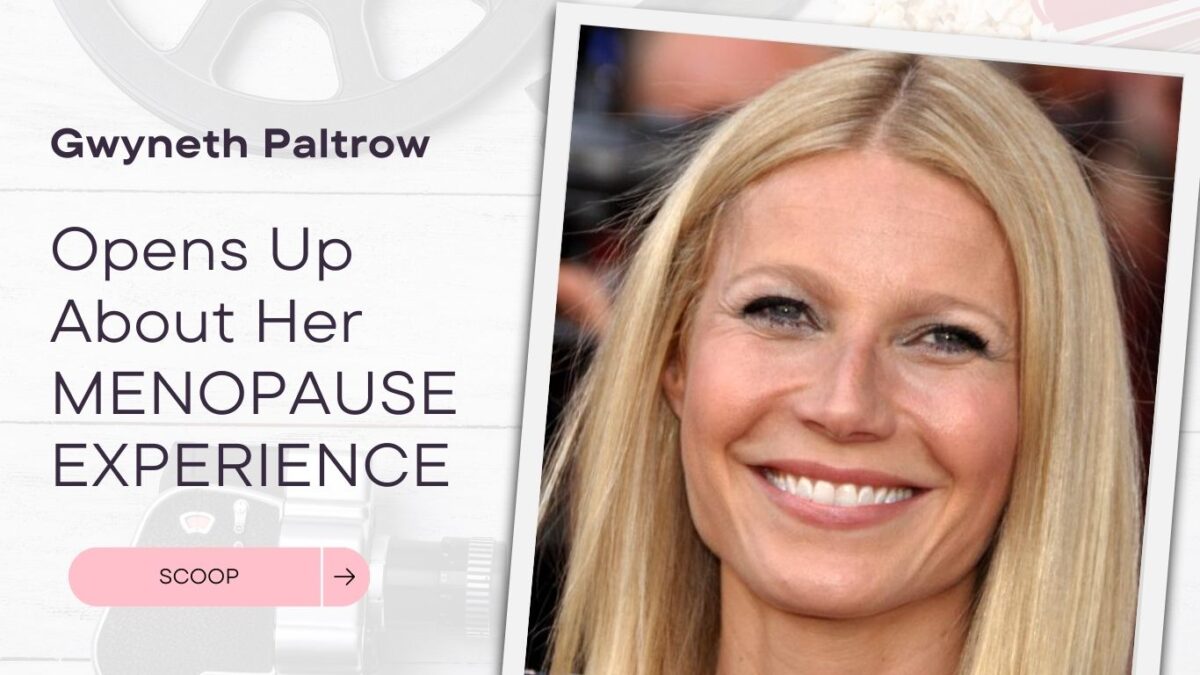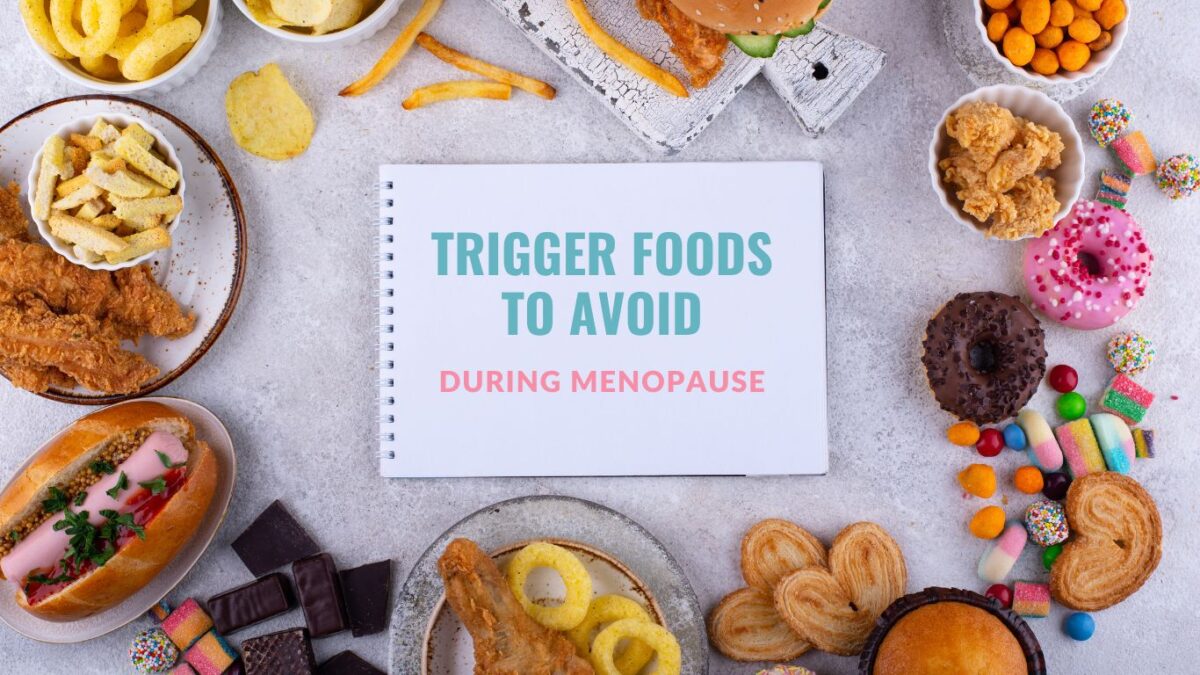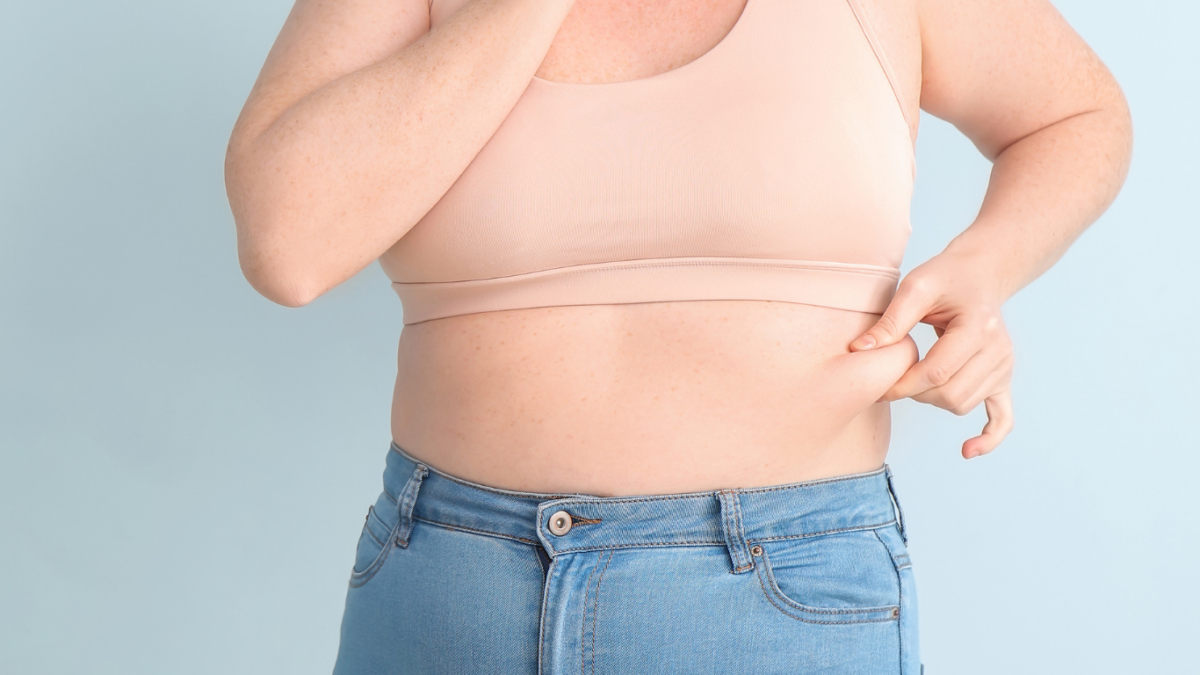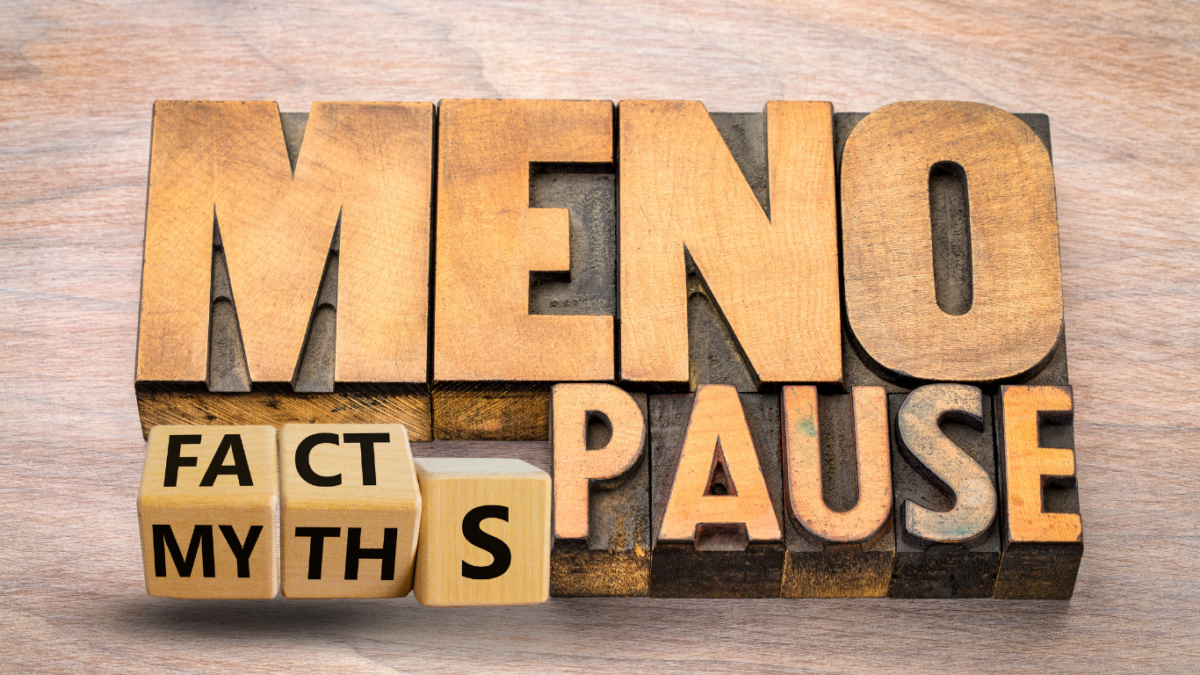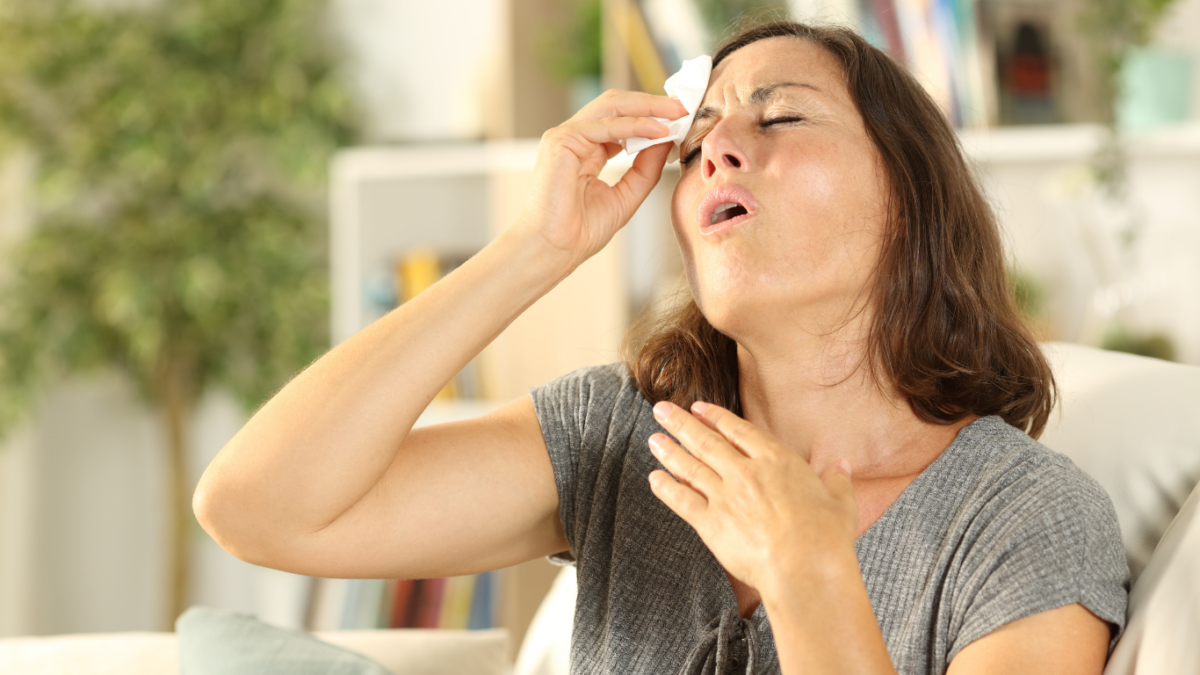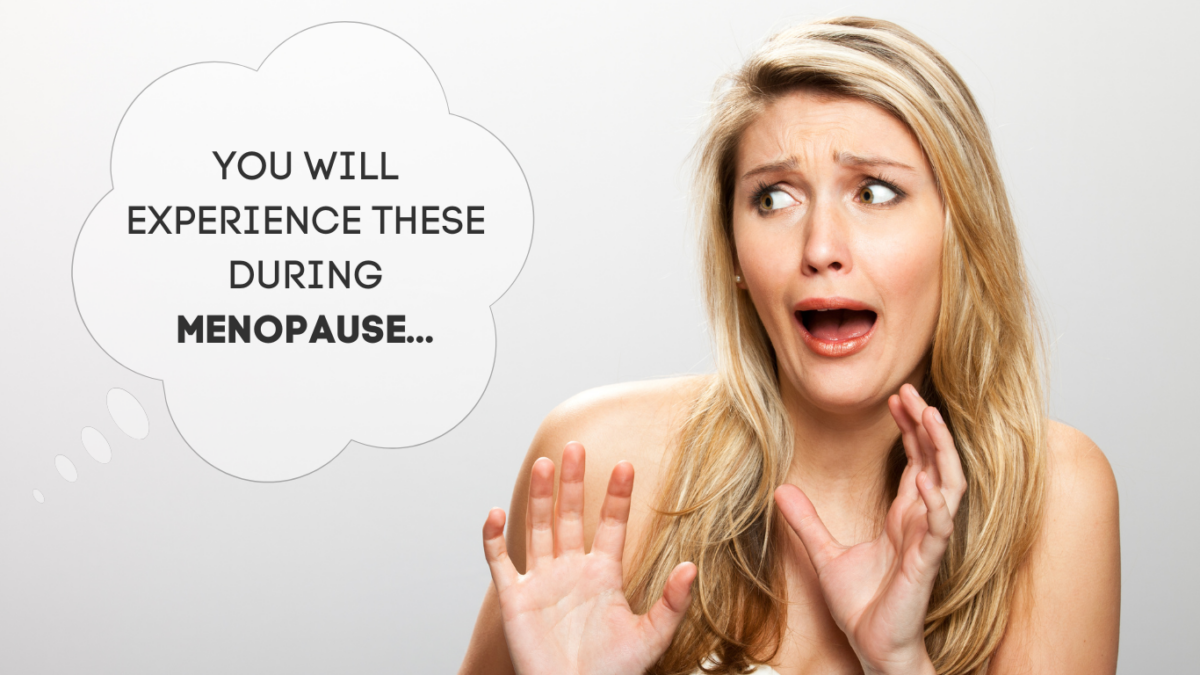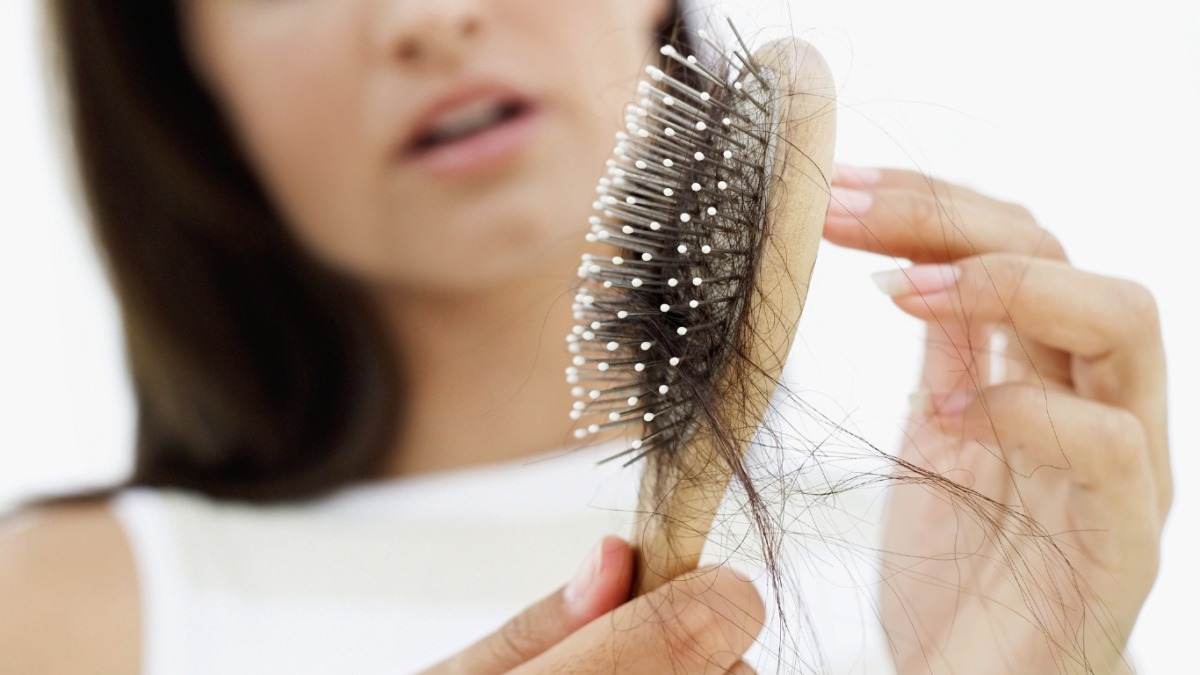Hey there! Let’s talk about something that, sooner or later, will touch the lives of every woman on this planet. You’ve guessed it – it’s menopause! No matter where we are in life, we’ve all heard some things about menopause. We’ve heard the tales of hot flashes, night sweats, and mood swings, and we’ve all seen those humorous coffee mugs and t-shirts.
But let’s get real. Menopause is so much more than punchlines and giggles. There’s a lot of fog around what it truly means, and let’s be honest, some wild myths have been spinning around forever. So, we’re here to clear the air and get the real talk going about menopause. Ready? Let’s dive in.
Myth #1: Menopause Begins at 50
While we often hear the magic age for menopause is 50, that’s not always the case. Menopause isn’t a strict schedule kind of event. It’s a range, and it can start anywhere between 40 and 58, typically. The average age is 51, but don’t start panicking if you’re 45 and feeling some changes. Menopause comes with a ‘whenever it’s time’ card, not a deadline.
Myth #2: The First Sign of Menopause is Hot Flashes
Another common tale is that the first sign of menopause is a sudden volcanic heat erupting within you. While hot flashes are a typical symptom, they’re not always the first sign. Some women experience changes in their menstrual cycle or mood swings before the hot flashes set in. Others might see a change in their libido or experience vaginal dryness. Menopause is as unique as we are, and it’s all about tuning into your body’s signals.
Myth #3: Menopause Means You’re Old
Okay, let’s just knock this one right out. Menopause does NOT mean you’re old. There’s a ton of life to live after menopause! This phase just means your body is transitioning to a different stage, one without periods and childbearing. It’s not an expiration date, ladies!
Myth #4: Menopause Equals Mood Swings and Depression
So here’s the deal. Yes, some women experience mood changes, including irritability or sadness, but menopause doesn’t automatically mean you’re going to feel like an emotional rollercoaster. Changes in hormones can indeed affect your mood, but it’s not a given for every woman. And remember, there are ways to manage these changes if they happen.
Myth #5: Weight Gain is Inevitable During Menopause
Here’s the low-down on this one. Metabolism can slow down as we age, and yes, hormonal changes during menopause might make it more challenging to maintain your usual weight. But it’s not a given that you’ll gain weight. Staying active, eating healthily, and looking after your mental well-being can all help keep that menopause weight gain at bay.
Myth #6: Menopause Ends Your Sex Life
So not true! While some women experience a dip in libido or physical changes that might make sex uncomfortable, there are many ways to manage these challenges. A variety of treatments, including hormonal and non-hormonal therapies, can help. Also, for some women, the freedom from worry about contraception or periods can give a new lease of life to their sex life post-menopause.
Myth #7: Hormone Therapy is Dangerous
While it’s true that hormone replacement therapy (HRT) isn’t for everyone, saying it’s dangerous is a huge oversimplification. HRT can be an excellent option for many women to manage menopause symptoms. It’s all about balancing the benefits and risks, and this is a conversation to have with your healthcare provider, not your neighbor over the garden fence.
Myth #8: Menopause is a Disease that Needs to be Cured
One of the most damaging misconceptions is viewing menopause as a disease. It’s not! It’s a completely natural biological process. It’s as much a part of life as adolescence. There are symptoms, of course, and they can be pretty gnarly for some women, but that doesn’t make it an illness. Instead, we should focus on managing those symptoms and maintaining good health through this transition.
Myth #9: You Can’t Get Pregnant After Menopause
The plot twist here: menopause is only confirmed after you’ve gone 12 months without a period. Before that, even if your periods are irregular, there’s still a chance, however slim, you could get pregnant. So if you’re not planning on a surprise addition to the family, it’s a good idea to use contraception until your doctor gives you the all-clear.
Myth #10: If Your Mother Had a Hard Menopause, You Will Too
While it’s true that there might be a genetic component to how you experience menopause, it’s not a done deal. How you manage stress, your general health, lifestyle factors like diet and exercise – all these can significantly influence your menopause experience. So, it doesn’t necessarily mean you’re doomed to follow in your mom’s menopausal footsteps.
Let’s face it, menopause can feel like a bit of a minefield. There’s no avoiding it, but we can be well-armed with accurate information to navigate this new terrain. It’s high time we busted those myths wide open and started having honest, supportive conversations about menopause.
The takeaway? Listen to your body, consult with health professionals, and stay open to adapting your lifestyle to meet your changing needs. And remember, just like you rocked your way through puberty and all the other changes in your life, you’ve got the power to rock through menopause too!
So what’s the truth?
Let’s now focus on the truths about menopause, highlighting what science and extensive research have confirmed.
Truth #1: Menopause is a Normal Biological Process
This is the essential truth. Menopause isn’t an illness or a disorder. It’s a natural part of life, marking the end of the reproductive years just as the first menstrual period during puberty marked the start.
Truth #2: Symptoms Vary from Woman to Woman
Some women might experience intense hot flashes, mood swings, or insomnia, while others breeze through menopause with barely a symptom. Just as our bodies are unique, so too are our experiences with menopause.
Truth #3: Lifestyle Affects Menopause
This is a biggie. Your diet, exercise habits, stress levels, and overall lifestyle can significantly affect how you experience menopause. Regular physical activity and a healthy diet can help manage many symptoms and keep you feeling your best.
Truth #4: Menopause Can Impact Mental Health
While it’s not a given, hormonal changes during menopause can lead to feelings of sadness and mood swings. In some cases, women may experience depression. It’s essential to acknowledge these possibilities and seek help if necessary.
Truth #5: Medical Support Can Make a Difference
Whether it’s hormone replacement therapy (HRT), non-hormonal medications, or other treatments, there are ways to manage menopause symptoms. Working with a healthcare provider can make navigating menopause much easier.
Truth #6: Menopause Doesn’t Negatively Affect Everyone’s Sex Life
While hormonal changes can impact libido and sexual comfort, many treatments can help, from lubricants for vaginal dryness to therapy for libido changes. Plus, some women actually find their sex life improves after menopause, free from worries about contraception.
Truth #7: Your Bone Health Can Be Affected
After menopause, the risk of certain conditions like osteoporosis can increase. It’s vital to focus on bone health with weight-bearing exercises, a healthy diet, and regular check-ups.
Truth #8: Regular Check-Ups Are Crucial
Once you’ve reached menopause, regular medical check-ups are essential. These should include mammograms, lipid profiles, bone density scans, and other appropriate screenings.
Truth #9: Life After Menopause Can Be Empowering
While society often negatively stigmatizes menopause, many women find the post-menopausal phase of life to be empowering. They embrace the freedom from menstrual periods and often have a well-earned confidence and sense of self that can make these years incredibly fulfilling.
Truth #10: It’s Not Just About Hot Flashes
While hot flashes are probably the most talked-about symptom, menopause can bring with it a host of other changes. You may experience symptoms such as irregular periods, changes in mood, insomnia, vaginal dryness, and changes in cholesterol levels.
Truth #11: You Can Still Lead a Healthy, Active Life
Menopause is a natural transition in life, not a hindrance. It doesn’t have to stop you from being active, traveling, working, or enjoying the things you love. Many women continue to lead healthy, active lives during and after menopause.
Truth #12: Your Body Still Needs Care and Attention
The decreased production of estrogen during menopause can increase the risk of certain health conditions, such as heart disease and osteoporosis. It’s important to have regular health screenings and maintain a healthy lifestyle.
Truth #13: Menopause Can Affect Your Skin and Hair
You may notice changes in your skin and hair due to the hormonal changes in your body. Your skin might become drier and you might experience hair loss or thinning. But don’t fret, there are plenty of skincare and hair products designed to help with these issues.
Truth #14: There is No ‘Right Way’ to Experience Menopause
Just like with any major life event, everyone’s experience with menopause is different. Some might find it a breeze, while others might find it a challenge. There’s no ‘right way’ to go through menopause, and it’s okay to seek help if you’re finding it difficult.
Remember, menopause is just another phase of life. It comes with its own set of changes and challenges, but it can also open the door to new opportunities and experiences. Most importantly, it’s something to be embraced and not feared. With the right mindset and the right information, you can navigate your way through menopause and come out the other side stronger and more confident than ever. Don’t let myths and misconceptions cloud your journey. Keep your head high, arm yourself with knowledge, and walk boldly into this new phase of life.


